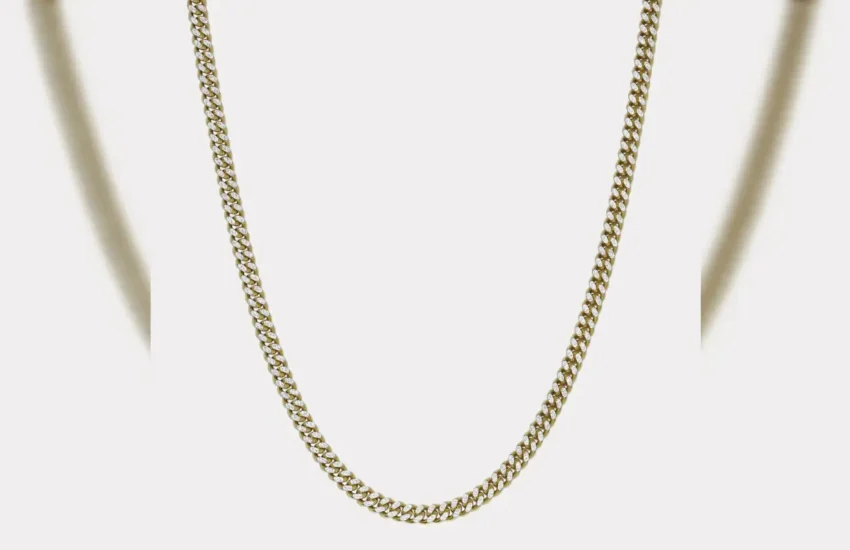How To Get A Drug Addict To Accept Help?
Anyone who has a loved one who is addicted to drugs has probably encountered many times that it is very difficult to persuade them to change their lifestyle and start treatment. Strong defense mechanisms in addicted people (the mechanisms of illusion and denial, minimization or rationalization) mean that rational arguments of loved ones and realistic views of their situation often do not reach them. Typically, these people promise improvement but fail to deliver, or change they fail to deliver.

Empty promises
Drug addicts tell their relatives that, for example, from tomorrow or Monday, they will no longer take drugs, that everyone reaches for psychoactive substances from time to time to relax, because they work hard or have professional or personal problems.
Another excuse is that they don’t have a problem with drugs because they just like it, and people close to them exaggerate the fact that taking is their private business, that they do it for their own money, that they don’t take drugs under the bridge, so they have no these problems.
You can often hear from addicted people that they have a good financial situation and sometimes they can afford to “save away”, because the family does not lose out on it. It also happens that they say that they have nothing to live for.
Unfortunately, such a person must be forced to undergo treatment
People who ended up in the ward of the hospital of the Institute of Psychiatry and Neurology are not there because they decided to be treated, but their relatives simply forced them to do so for their own good.
Some came as a result of a court commitment or an ultimatum from an employer or wife. During therapy, psychologists work with them so that they can gain intrinsic motivation to change themselves and their lifestyle. Most often, an external stimulus is needed first to break through this wall that the addict has built around himself, who deceives and destroys himself.
Crisis intervention in relation to an addicted person
One of the most effective methods of persuading people to start therapy is crisis intervention for an addicted person. This method has a specific structure and rules. It has been developed through years of experience. At the beginning, it was designed for people who are addicted to alcohol, but also for people with other addictions, including behavioral ones. It quickly turned out that it gives very good results.
What is a crisis intervention?
Intervention is a special action (procedure) prepared by people closest to a person addicted to drugs. Its purpose is to meet with this person, where the facts are presented, proving the need for treatment. These facts are previously discussed and written down together with a psychologist-addiction therapist. The prepared intervention session is confrontational and factual.
She is specific and at the same time kind towards a person addicted to drugs. Her job is to get her consent to treatment. Its matter-of-factness is that all the facts and behaviors related to addiction are discussed. The intervention is concrete.
You can’t make generalizations, judgments, or judgments here, or talk about things you know from someone else. You can quote the words of a person addicted to drugs and point to their specific behavior. First of all, it is necessary to talk about what we have experienced or what we have seen. Of course, this is about behaviors relating only to addiction.
The power of crisis intervention
The strength of crisis intervention is the atmosphere of care and kindness towards a person who is addicted to drugs. It is also important that this is not a spontaneous meeting that takes place under the influence of emotions, but is specifically prepared in advance according to the procedure.
Intervention is an external stimulus to a person who previously did not want to accept such help and was deceiving himself. After conducting such a meeting, loved ones are aware that they have done everything they could to give the drug addict a chance to recover.
Resources: Vita Recovery


